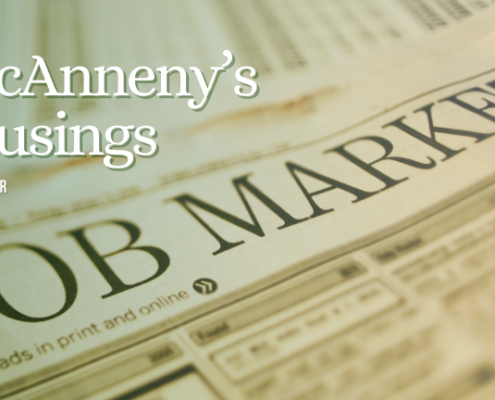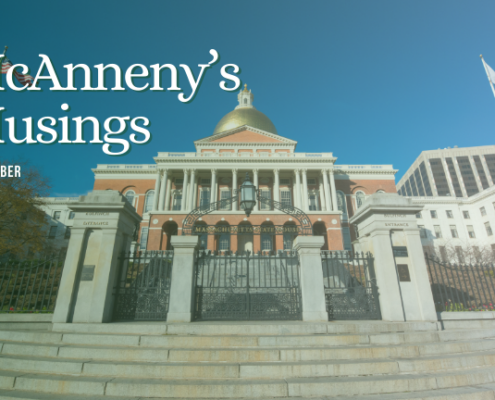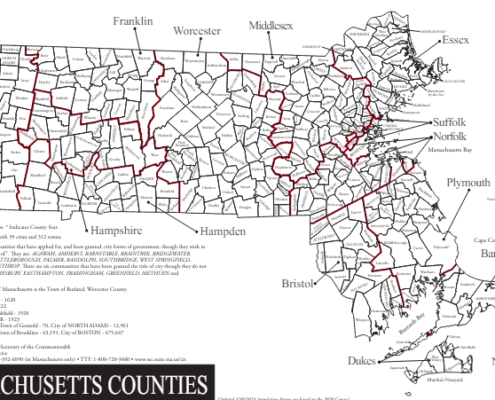California Tax Experiment: Policy Makers Receive Valuable Economics Lesson
Host Joe Selvaggi talks with Stanford University Economics Professor Joshua Rauh about his research on the reaction of Californians to a tax increase, from his report, “The Behavioral Response to State Income Taxation of High Earners, Evidence from California.” Prof. Rauh shares how his research offers tax policy makers insight into the likely effects of similar increases in their own states, including here in Massachusetts.
Related: New Study Finds Tax Policy Drives Connecticut’s Ongoing Fiscal & Economic Crisis
Guest:
 Joshua Rauh, originally from Newton, MA., is a Professor of Finance at the Stanford Graduate School of Business, a Senior Fellow at the Hoover Institution, and a Research Associate at the National Bureau of Economic Research (NBER). Professor Rauh’s research on state and local pension systems in the United States has received national media coverage in outlets such as the Wall Street Journal, the New York Times, the Financial Times, and The Economist. He is an Associate Editor of the Journal of Finance and an editor of the Journal of Pension Economics and Finance and the Review of Corporate Finance Studies. He holds a BA degree in economics, magna cum laude with distinction, from Yale University and a PhD in economics from the Massachusetts Institute of Technology.
Joshua Rauh, originally from Newton, MA., is a Professor of Finance at the Stanford Graduate School of Business, a Senior Fellow at the Hoover Institution, and a Research Associate at the National Bureau of Economic Research (NBER). Professor Rauh’s research on state and local pension systems in the United States has received national media coverage in outlets such as the Wall Street Journal, the New York Times, the Financial Times, and The Economist. He is an Associate Editor of the Journal of Finance and an editor of the Journal of Pension Economics and Finance and the Review of Corporate Finance Studies. He holds a BA degree in economics, magna cum laude with distinction, from Yale University and a PhD in economics from the Massachusetts Institute of Technology.
Get new episodes of Hubwonk in your inbox!
Related Posts:




















